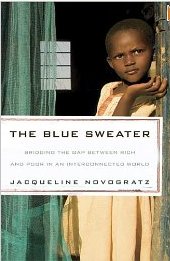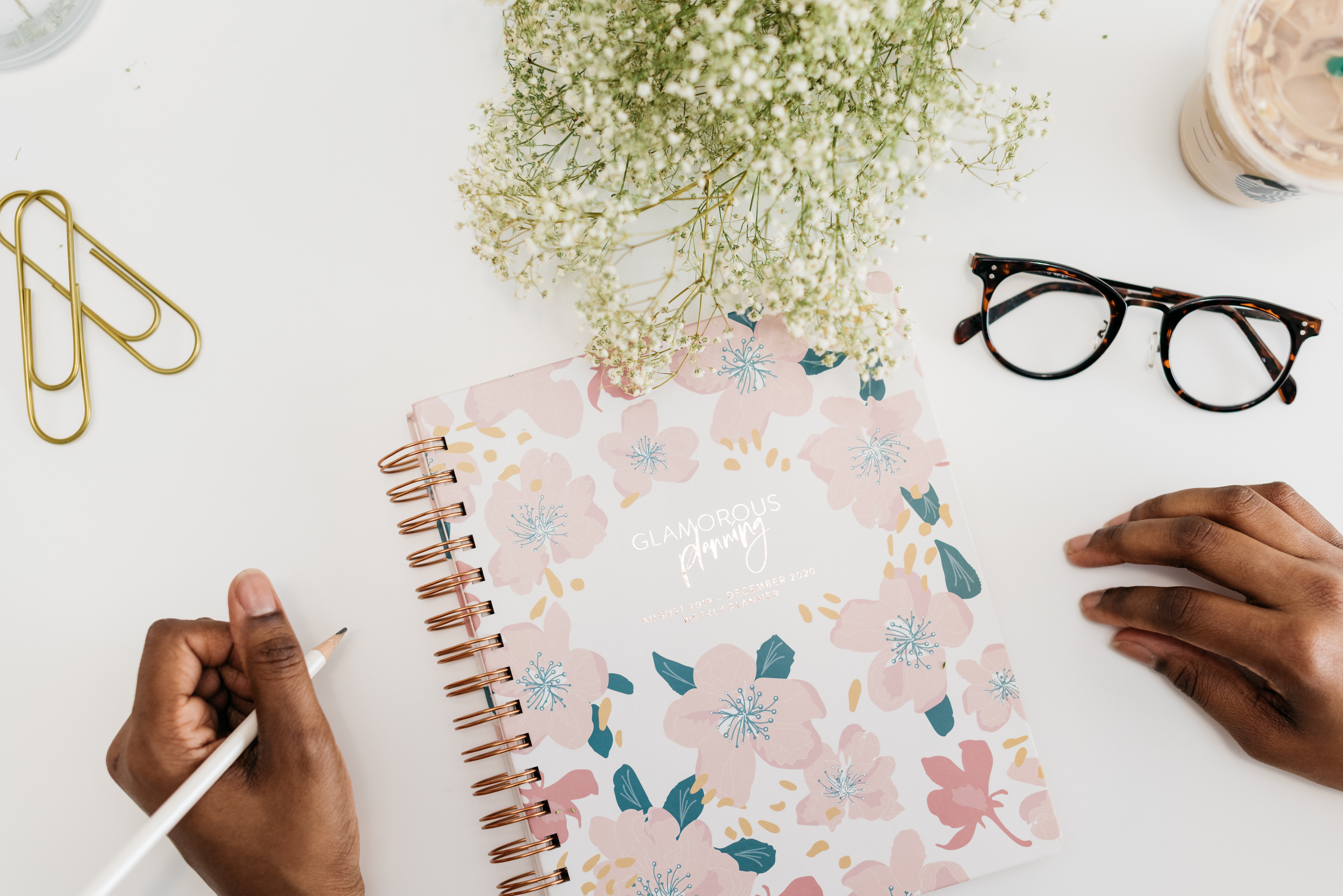The Blue Sweater
It started right in my living room. I had a fractured leg, was home from hospital and I was going to need help around the house. I was referred to this young girl who had just completed high school and I liked her at first sight! Well, as soon as she’d settled in my house, I wanted to ‘help’ her. First step, we used my phone to check her results, she hadn’t done so well (at least according to me), she got a D+ and immediately I knew what she needed to do. Repeat school and get better points so she can pursue a worthwhile career.
Needless to say, the young girl isn’t in school right now. She did not want to go back to school, that was just my idea.
The Blue Sweater is a story of a young lady who came to Africa in her twenties out of a burning desire to change the world. It’s written by Jacqueline Novogratz (Acumen Fund Founder). Reading the first few pages, I smiled thinking of similar expatriates I have interacted with who come with a strong desire to Westernize Africa, of course with better intentions than our colonialists.
In the Prologue she writes; “As a young woman, I dreamed of changing the world. In my twenties, I went to Africa to try and save the continent, only to learn that Africans neither wanted, nor needed saving“. Same thing an average Kenyan in the middle class who cares has thought about at least once. That we need to go to Kibera and save the people from a life in the slums. Just like I thought of the young girl who had come to help. Having grown up in the slums, I felt I was the key to giving her a better life (forgive me for extreme self importance).
My girl didn’t need my lofty opinions on what I considered as success. She just needed me to listen. Had I listened to her, it wouldn’t have taken me 1 week, and one other person to learn that she had no intention of going back to school, despite the fact that she told me she wanted to. On listening, Jacqueline says “…I began to understand that I could have listened better, for listening is not just having the patience to wait, it is also learning how to ask the questions themselves. People who’ve always been dependent on others for some kind of charity or goodwill often have a hard time saying what they want, because no one asks them”
If you’re thinking of making a difference among the less fortunate, I recommend you read this book first. A lot has been written about Africa by foreigners, and I’d forgive any reader that is tired of reading about opinions formed by individuals who haven’t stepped in the continent. Well, Jacqueline documents her memoirs in Africa, and how living and working here changed her mindset on what the poor need.
It’s both a light read, but deep enough to teach a great lesson in making a difference in the world you’re in. She takes us to West Africa where she first tried to settle and had a first hand experience with African vodoo, Rwanda where she set up a micro finance that later played a big role in rebuilding lives post genocide, and a bakery for women in the slums, which sadly didn’t survive the genocide but I’m sure taught the women in the largerly patriarchal society a lot about self confidence and self reliance. Her account of post genocide Rwanda is touching, shows both the evil and love the human heart is capable of.
Jacqueline then takes us back to New York, where she tried to change the philanthropic thinking, in creating a funding model that was both business minded and philanthropy, which is what Acumen Fund is today. They invest ‘patient’ capital in businesses that have a potential to make a large social impact. So far it has investments in East Africa, Pakistan and India.
This isn’t a book for finance people. I’d recommend it to anyone that’s hoping to make a change in the world we’re living in, which I hope is everyone.





5 Comments